You wouldn’t call the coyote and the badger friends. Both are relatively fierce creatures, and there’s very little that is friendly about them. In the arid American Southwest, they actually compete for the same scarce food – mostly rodents, and birds.
But despite the competition, the fact is the coyote and the badger are competitive allies who work together in a profitable collaboration. And there is much we can learn from them.
If you’ve ever tried to catch a rodent (think of Bill Murray’s character in Caddyshack), you know how difficult it can be. First, they are fast. Second, they are excellent at scampering into little, hard-to-reach places. And third, they do most of their scampering and devious deeds late at night, when it’s hard to see them. As for catching birds, well, that flying thing gives them a definite advantage. You have to be quick to catch them before they’re off and out of reach.
The badger and the coyote know all of this. And unlike we humans – who tend to think that because we’re good in one area we are likely to be good in another – the badger and the coyote instinctively know their limitations. This is the root of their collaboration – the coyote knows he is not good at burrowing and the badger knows he’s not quick. To make up for their inadequacies (alas, we all have them), they choose to work together. In fact, the coyote is more likely to choose to hunt with a badger than to go it alone or with another of his own species. And he is rewarded for this decision – his badger collaboration enables him to catch up to thirty percent more food than he alone or with another coyote can catch.
Wouldn’t we all love thirty percent more? With an extra third, oh the things we could do – or buy, or have, or give. But, more often than not, we tend to think that because we have been successful in the past, in order to be more successful we need to collaborate with others who are very much like us. Unlike the coyote and the badger, we focus on our strengths and not our inadequacies. I suspect that humans are actually hard-wired to prefer people with similar personality types as collaboration partners.
Fortunately, we also have the capacity to learn, to be objective and to imagine a future that is different from our past.
One client with whom we work has done this well. They are, by all measures, a successful company – a national engineering firm that has withstood the economic downturn, they were just ranked the 2011 #1 Best Large Employer to Work for in New York State – quite an accomplishment in these challenging times. But they are still not satisfied.
The company’s recent focus has been on appreciating staff diversity. They realize that a firm full of engineers may tend to look at things from one perspective – an engineer’s. And they believe that to continue to be successful, they need to seek out diverse perspectives.
They know this won’t be easy. People with different perspectives often don’t see eye-to-eye, and when you have people around who don’t see eye-to-eye, you tend to have conflict. The truth is, most people want to avoid that. But conflict that is the result of sharing differing opinions can be both healthy and necessary, provided that it is all in the context of a shared common goal or objective.
This is the best example that the badger and the coyote can give us. They don’t “like” each other. When the badger chases a prairie dog out of its hole and watches the coyote gobble up what should rightfully be his, the collaboration probably looks like a bad deal to him. But on those other occasions when the prairie dog sees the coyote and decides not to leap into its waiting jaws – and thereby remains in his burrow – then the badger gets his meal and realizes how beneficial it is to have the coyote as a partner. They seek the same objective – more food. And because of their collaboration, they each get it.
Yes, there are a lot of things we can learn from the coyote and the badger. Chief among them is the fact that even competitors with few shared likes or traits can be successful collaborators if they respect their differences and share a common goal.




